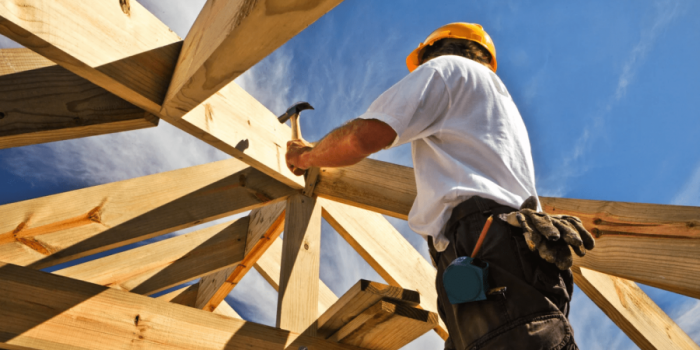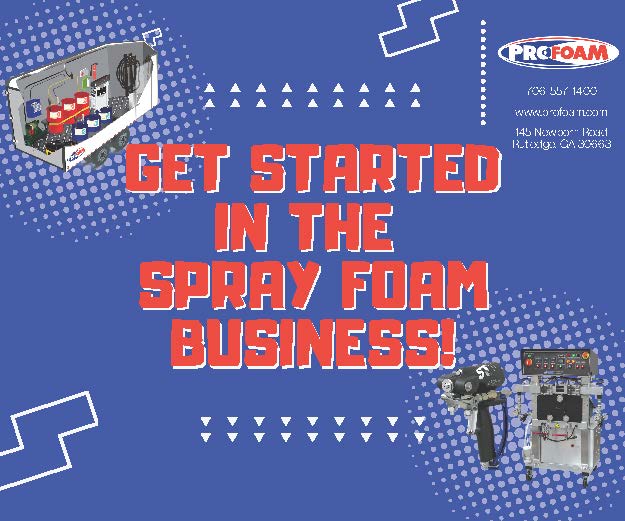
The Smart Choice for Homebuilders: Why Spray Foam Insulation Enhances Residential Construction

In the ever-evolving landscape of residential construction, homebuilders are continually seeking innovative solutions that not only meet building codes but also exceed homeowner expectations for comfort, energy efficiency, and sustainability. Among the array of construction materials and techniques available, spray foam insulation stands out as a game-changer for homebuilders. Let's explore why incorporating spray foam insulation into residential projects is a strategic decision that offers numerous benefits for both builders and homeowners alike.
Unmatched Performance and Efficiency
Spray foam insulation offers unparalleled performance and energy efficiency compared to traditional insulation materials. Its unique composition and application method allow it to create a seamless, airtight barrier that effectively seals gaps, cracks, and voids in the building envelope. This superior air sealing capability minimizes thermal bridging and prevents heat loss or gain, resulting in significant energy savings and enhanced indoor comfort for homeowners.

Versatility and Adaptability
One of the key advantages of spray foam insulation is its versatility and adaptability to various construction scenarios and building designs. Whether it's new construction or renovation projects, spray foam insulation can be applied to virtually any surface, including walls, ceilings, floors, and even irregular or hard-to-reach areas. Its ability to conform to different shapes and contours ensures complete coverage and insulation integrity throughout the home, regardless of architectural complexity.
Enhanced Durability and Longevity
Unlike traditional insulation materials such as fiberglass or cellulose, spray foam insulation boasts exceptional durability and longevity. Its closed-cell structure provides added strength and structural support to the building, enhancing its resilience against environmental factors such as moisture, mold, pests, and temperature fluctuations. With proper installation and maintenance, spray foam insulation can outlast the lifespan of the home, providing lasting protection and insulation performance for homeowners.
Improved Indoor Air Quality
Indoor air quality is a growing concern for homeowners, particularly in tightly sealed, energy-efficient homes. Spray foam insulation helps address this issue by minimizing air infiltration and preventing the entry of outdoor pollutants, allergens, and contaminants into the living space. By creating a healthier indoor environment with improved ventilation and filtration, spray foam insulation contributes to the overall well-being and comfort of occupants, reducing the risk of respiratory problems and allergies.
Sustainable Building Practices
In today's environmentally conscious society, sustainable building practices are becoming increasingly important for both builders and homeowners. Spray foam insulation aligns with these principles by promoting energy efficiency, reducing greenhouse gas emissions, and minimizing the environmental footprint of residential construction.

Its energy-saving benefits translate into reduced energy consumption and carbon emissions, supporting sustainability goals and earning green building certifications for residential projects.
Conclusion
In conclusion, spray foam insulation represents a strategic and forward-thinking choice for homebuilders looking to enhance the performance, efficiency, and sustainability of residential construction. Its unmatched insulation properties, versatility, durability, and contribution to indoor air quality make it an indispensable component of modern building practices. By incorporating spray foam insulation into the homes they build, homebuilders can deliver superior-quality residences that offer long-term value, comfort, and energy savings for homeowners. Embracing spray foam insulation as a standard practice not only sets builders apart in a competitive market but also contributes to a healthier, more sustainable future for residential construction.






